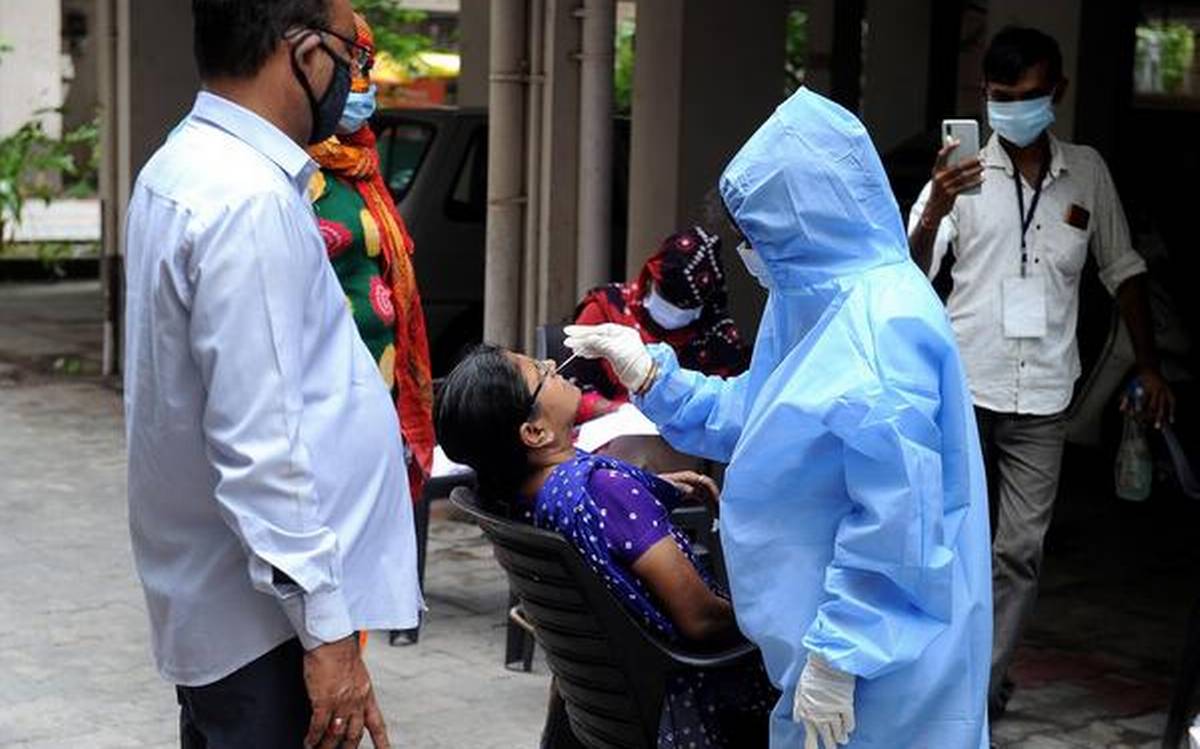According to a study conducted by the Department of Clinical Virology, Institute of Liver and Biliary Sciences, New Delhi, most COVID-19 Omicron variant infected patients during the last week of December 2021 had no travel history, indicating that there was eventual community transmission. According to the study, respiratory specimens from all RT-PCR validated positive patients collected between November 25 and December 23, 2021, in five districts of Delhi, were submitted to whole-genome sequencing. According to the report, detailed demographic and clinical data were also gathered, and as a consequence, they explored the establishment of local and familial clusters, as well as eventual community transmission.
According to the study, about 60.9 per cent of COVID-19 infected patients had a community spread. It said of the 264 instances discovered during this study period, 68.9% were identified as Delta variant and its sub-lineages, whereas 31.06 per cent were Omicron variant as the major sub-lineage. According to the study, most Omicron patients were asymptomatic and did not necessitate hospitalisation. “A total of 72 patients (87.8 per cent) were completely immunised. Around 39.1% had a history of travel or interactions, whereas 60.9 % demonstrated community transmission,” it was added.
The study found a significant increase in the daily development of Omicron cases with its predominance in the population, which ranged from 1.8% to 54%. According to the study’s interpretation, it is one of the first in India to provide evidence of community transmission of Omicron of coronavirus infection with significantly increased breakthrough infections, lower hospitalisation rates, and a lower rate of symptomatic infections among individuals with high seropositivity against SARS-CoV-2 infections.


















Discussion about this post